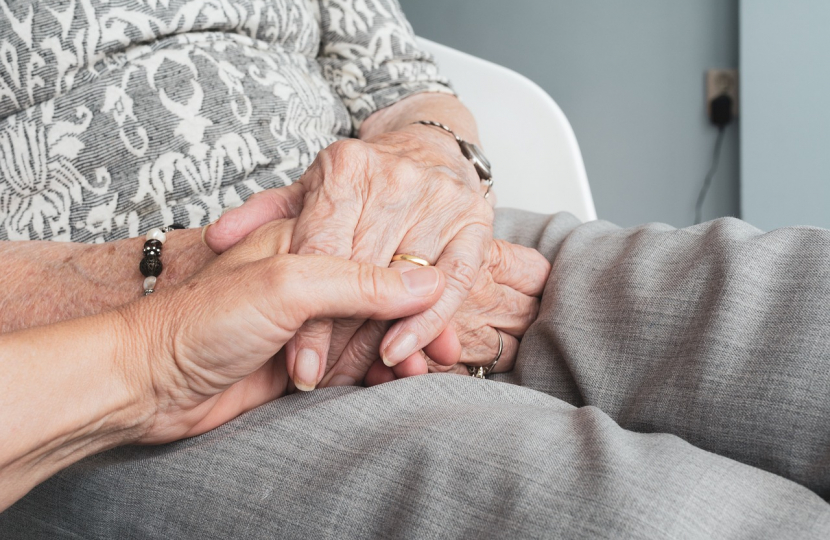
Last Friday, I visited Carefree Cornwall, based in Redruth, and met its founder Mari Eggins, some of her fantastic staff, and three young women who are a part of the charity’s community. Cornwall has done some groundbreaking work on helping young people in care, which is led by Carefree and focuses on peer-to-peer support.
I first came across their work about seven years ago, when I attended a Select Committee hearing in Parliament on support for care leavers and the issues that affect them. One of the young people giving evidence was Duncan, who was from Cornwall, and had been helped by and was by then helping Carefree. He made some powerful points in his evidence session, particularly around difficult issues such as making contact with biological parents and the issue of stigma and how processes could affect the confidence of young people. Duncan has remained involved with the charity and I met him again last week along with three other young people who are all involved with the project today as peer mentors.
On the one hand, agencies and support workers want to help young people in care achieve their full potential which, in many cases, can require comprehensive emotional support that goes well beyond the typical physical aspects of care. Some young people in care would have been through a lot early in life. However, sometimes the formal processes and structures set up to deliver that support can exacerbate a sense of difference and stigma. If a child in care is taken out of a lesson during school hours for a meeting with support workers, this can make a spectacle and lead to assumptions from other pupils in their class that they might be in trouble for something. One of the other young people also said that if they did have, say, an argument at school then because of the fact they were in care this would be treated differently to other young people involved in similar incidents. Suddenly social workers and others would become involved. It's a complex dilemma because some structure is needed but there is equally a need for things to be carried out in a sensitive way.
The great strength of the model run by Carefree Cornwall is that it focuses on peer-to-peer support. The best person to relate to a young person living in care is another young person also in care or having once been in care. They will have a shared experience and the peer mentor will find it easier to gain the confidence and trust of another young person in care a peer mentor will also be better placed to relate to the experience they have and how aspects of the system make them feel.
Another major part of their work focuses on activities as a way to break down barriers so that it feels more like a family rather than a formal service and therefore becomes easier to engage with. The idea is to identify an activity that a young person in care might have a passion for and then try to bring them on board, develop confidence, and join a group where they find a family of young people who have each had similar life experiences and can all support one another and develop the confidence to fulfil their aspirations in life.
The young people I met last Friday certainly felt like a family. One of them planned to set up their own business in the hair and beauty sector and was studying business at college, another was studying politics and economics and aspired to get involved in politics and the third was passionate about science and was also about to commence studies at college.
Of course, there are many other parts of the system that we need to get right, not least housing, but it is good to see Cornwall pioneering such a human approach to support those who have had a difficult start in life.

